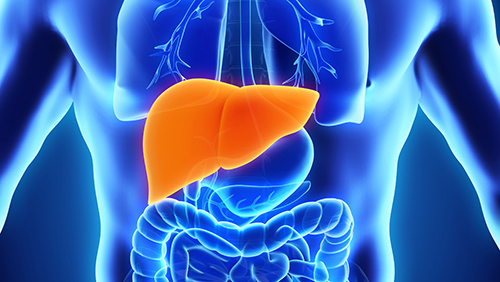Liver Transplant

We are a leader in liver transplantation. Interested in an evaluation? Learn more about:
Liver Transplant
Hepatitis C, or HCV, is a viral infection that damages the liver and can cause cirrhosis, liver failure and cancer.
HCV can be acute or chronic:
At the University of Maryland Medical Center, our liver disease specialists will work with you to develop a plan to treat your Hepatitis C.
Hepatitis C spreads through contact with the blood of someone with HCV. People can come in contact with HCV-infected blood by:
Other people at risk for hepatitis C are those who:
People born between 1945 and 1965 make up approximately 75% of people living with hepatitis C. Most are believed to have become infected in the 1960s through the 1980s when transmission of hepatitis C was highest. All adults born from 1945–1965 should be tested for HCV.
People with hepatitis C often have no symptoms until the advanced stages, which can be decades later, and include:
Untreated HCV can result in cirrhosis, liver failure and liver cancer. Early diagnosis and treatment can prevent these complications.
Our team will review your medical and family history, do a physical exam and diagnostic tests that may include:
You may receive antiviral medicines that can cure the HCV in most cases.
For HCV-related cirrhosis, liver failure or cancer, our liver specialists can provide advanced treatments that include medications, surgery or liver transplant.
To make an appointment with one of our liver disease specialists, call 410-328-1358.